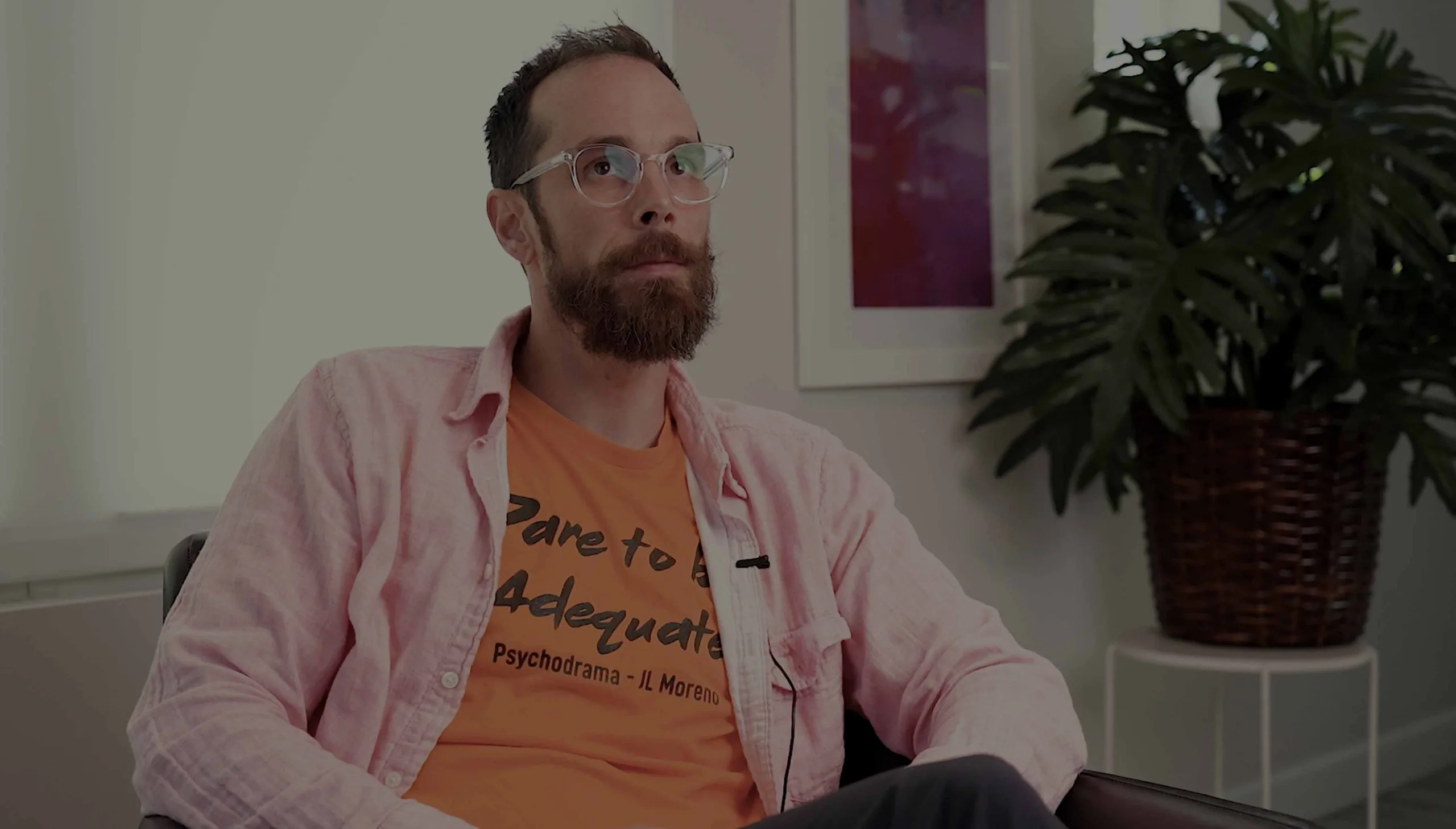TRAUMA THERAPY IN WEST PALM BEACH: RECOVERY TRACK
Beachway takes a holistic approach to PTSD & trauma treatment. By combining our serene setting with trauma therapy in West Palm Beach, we create an environment conducive to healing through individual and group therapies. We combine evidence-based therapies with community support and access to nature to help patients overcome their traumas and reintegrate with the world from a happier, healthier perspective.
PTSD and traumatic events are any experiences that cause significant emotional, psychological, or physical harm, such as abuse, natural disasters, suddenly losing a loved one, or witnessing a violent event. These traumas can be devastating for those who experience them, and no two people experience trauma the same way. That’s why Beachway addresses each person’s unique trauma with individualized treatment plans led by compassionate therapists.


How Beachway Treats Trauma in Florida
Beachway’s Trauma Resolution Program, operated in our trauma rehab in Florida, treats the symptoms left behind by the legacy of trauma. These symptoms are left over from adverse, less-than-nurturing experiences and hinder a person’s ability to connect with themselves — and others — in meaningful, safe, and kind ways.
Our trauma groups meet three times per week for a total of at least 10 hours of trauma group therapy per week — which doesn’t include time with an individual primary therapist or other trauma-centered groups. Trauma participants remain in this program for 4 to 6 weeks, and most admitting participants require a stabilization period of 1-2 weeks before admission. Our primary concern is the safety and well-being of the individuals entering the program — and those already in the trauma groups. We believe trauma doesn’t heal in solitude and that the power of the group can assist with compassion, empathy, and connection.
Beachway’s Trauma Team uses trauma resolution-based assignments, psychodrama, experiential techniques, psychoeducation, challenging a person’s behaviors that are no longer serving them, somatic healing, and other diverse, evidenced-based trauma therapy modalities.
We assist and guide individuals toward finding a path of healing, integration, and whole-hearted connection with themselves and others. Beachway believes every person’s trauma experience is unique, and so is their treatment experience. Whether trauma processing occurs in a group setting and/or through individual therapeutic practices, each individual journey is guided by an experienced team of trauma-trained professionals.
Research has shown that individuals who don’t work through their experienced traumas through both body and mind treatment models will continue to struggle with not fully understanding what has happened and what’s still perpetuating the lack of feeling connected to themselves and others.
Something we consider and observe in our trauma clients is that as the trauma unfolds, the behaviors will make sense. We help individuals gain an understanding that substance abuse, sex and love addiction, the emotional void or emotion-seeking partnerships, lack of romantic desires, feelings of being unloved and not good enough, dysregulated nervous systems, negative core beliefs, extreme bouts of anxiety, depressive-like symptoms, PTSD, and other process addictions and behaviors that hinder them feeling whole-hearted and connected are quite literally killing them from the inside

Advanced Trauma Recovery Techniques in West Palm Beach
We use several proven holistic techniques to assist with trauma processing and recovery, including:
- Eye Movement Desensitization and Reprocessing (EMDR): EMDR is a technique that involves moving your eyes in certain ways while processing traumatic memories. This type of therapy involves changing the thoughts, emotions, and behaviors resulting from trauma to help your brain heal naturally. It’s one of the best ways to process trauma and is used extensively for those with PTSD.
- Psychodrama: Psychodrama therapy allows individuals to express their emotions in a safe environment by creating a dramatic production. Participants reenact memories of the moment when the trauma occurred to encourage emotional processing and insight.
- Art Therapy: Artistic expression allows individuals to process deep emotions. Art therapy combines psychotherapy with self-expression and exploration to help individuals express things they may struggle to say out loud.
- Somatic Breathwork: This holistic practice makes use of the connection between the mind and body through breath. By engaging in breathing exercises, individuals become empowered to reduce stress and encourage emotional healing.
- Equine Therapy: Equine therapy involves working with horses in therapeutic settings. It can help build emotional awareness, confidence, self-respect and self-esteem, and trust. By spending time and building a relationship with horses, individuals can also reduce the sense of loneliness or isolation without having to build relationships with other people until they become more confident.
Regardless of a patient’s past experiences or which therapies they enter, each person gets an individualized plan. Therapists at Beachway assess each patient, allowing them to tailor therapies to specifically address their unique history and trauma.
Psychoeducational opportunities, such as workshops, introduce patients to the science behind their reactions and experiences. Participants learn more about common trauma responses and how it impacts the brain and body.
Although thought of as separate, the mind and body are two parts of the same coin. They can become stuck in the “there and then” instead of focusing on the “here and now.” Becoming aware of this and the connection between the mind and body helps people heal by letting them explore themselves and the world around them. As they become curious, they can safely explore the past. Techniques that engage the body, such as somatic breathwork or polyvagal-informed techniques, help patients slowly become unstuck in the past and embrace the present moment.

Trauma Therapy in West Palm Beach Awaits
The journey to trauma recovery can be long and arduous, but it doesn’t have to be done alone. With the help of a team of compassionate providers, a better tomorrow awaits.
To join our journey to recovery, contact us today.








